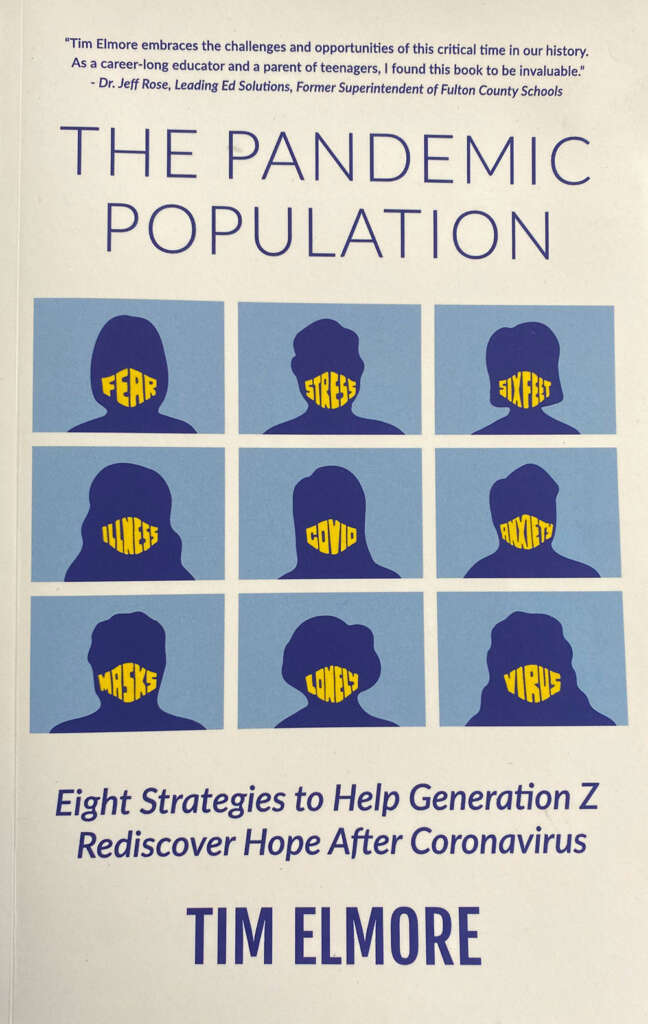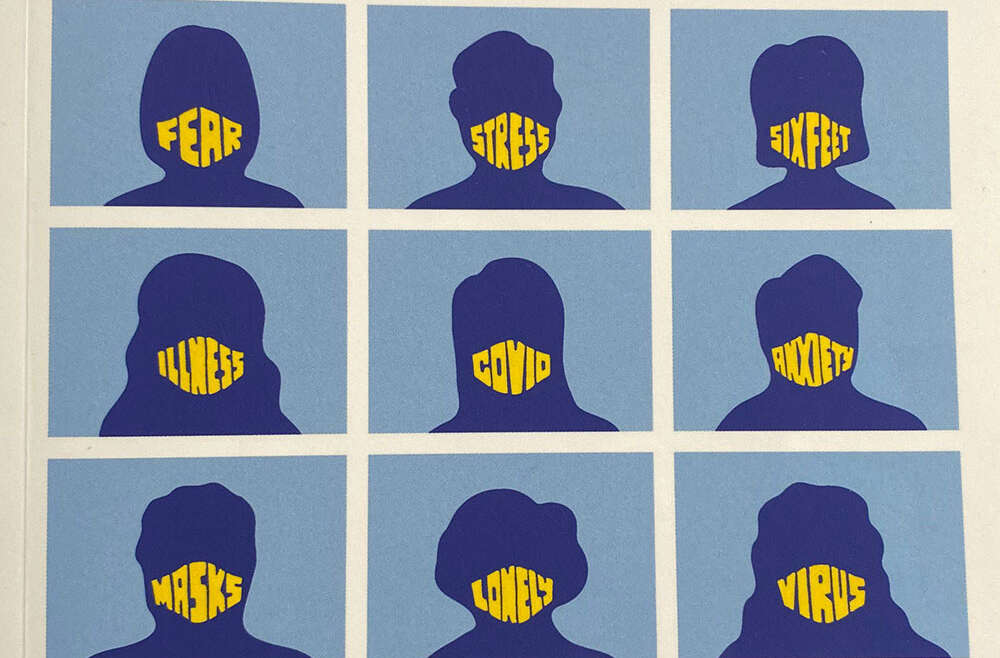
“Are you a worrier?”
Most parents worry about their children at one time or another during the children’s lifetime. Worry and parenting sometimes seem to go hand-in-hand, but when does worry become too much?
During the pandemic, here is just a small list of worries that plagued us from 2020-21:
We worried that our children wouldn’t be safe.
We worried that our children would catch COVID when leaving the house.
We worried that our children didn’t feel confident about themselves.
We worried that our children might not get into the right college.
We worried that our children might not be able to find a stable job in the future.
When we live in a constant state of worry, the amygdalae (located inside our brains) goes into alert with a fight/flight response that cautions us against risk. At times, it is a good thing to avoid risk and/or risky behaviors that can cause danger. However, an absence of risk can also be a harmful environment that stunts character building.
In his book, Elmore gives us 3 practical guidelines to help develop strong adult character:
- Grit and Gravity: It is now a common fact that zero-gravity surroundings lead to weaker bones and muscle atrophy. Just like gravity is needed to help us develop strength in our bodies, our children need to be pushed/pulled (like gravity) in order to develop strength in their characters. Elmore states it nicely when he writes “strength comes with stretching, and grit grows with gravity.” Many things in life are learned by doing. Life skills are acquired by falling and getting up to try it again- just like riding a bike. When we allow our children to do things on their own, including the falls and getting up again- they will develop grit. As a parent, we shouldn’t allow our worry to shield our children from falling or failing. Instead, we need to become their cheerleaders on the side and encourage them to keep trying, and trying, and trying again.
- Control and Hope: Within the psychology circle, there is a known entity that is termed “learned hopelessness.” Learned hopelessness happens when an individual is pursuing a goal and fails to sees any improvement or positive results; he/she then concludes that the pursuit of a goal is futile and stops putting any effort. Effective parenting requires for parents to be engaged and involved in their child’s life, but having all activities and decisions controlled by an adult can lead to learned hopelessness. Learned hopelessness also deepens when a parent attempts to fix all the problems surrounding or caused by the child. In order to help our children find hope in their lives, a parent needs to (1) step out in faith, (2) release some control, and (3) trust that our children can make good choices; and even when they don’t, a loving parent guides them to learn from their mistakes so that they feel they have a goal worth pursuing.
- Belief and Responsibility: There is a natural protective tendency within parents to rescue our children whenever something goes wrong; because we hurt when our children are hurt. Parents never enjoy seeing their children in pain or suffering. When our children are young and dependent on us for provisions, it is a parent’s responsibility to protect and provide for our children. However, as our children mature into adolescence and young adulthood, this protective tendency to save our children from all pain and natural consequences may be harmful rather than helpful. By saving our children from every mistake in life, Elmore believes parents may be communicating, “We don’t think you have it in you to solve this problem. You need an adult to help you.” Consequently, these young adults don’t begin to realize the responsibilities that accompany becoming an adult. Too often, they continue to rely on their parent’s solutions rather than step out to solve problems they may have created. Rather than communicating to our children, “You need me (which is emotionally fulfilling),” we ought to be telling our children, “You’ve got this! I believe that you can do it!” When we express these words to our children, we then need to take several steps back and watch them take responsibility for their actions and choices.

